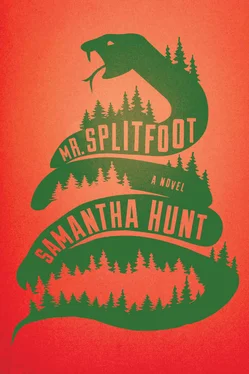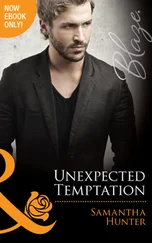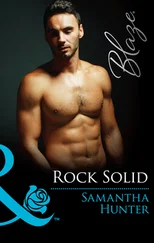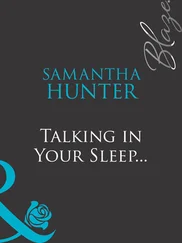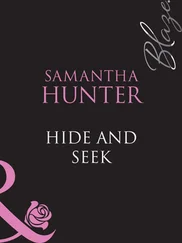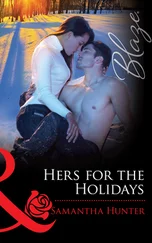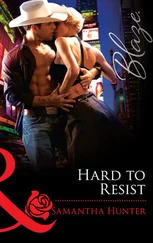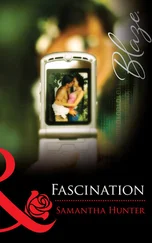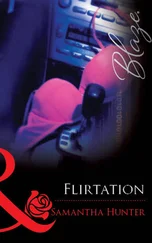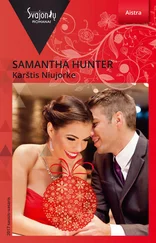I know by her look I won’t like the answer.
“Adolescent girls. A steady crop of teen breeders to keep the old men flush with young pussy. Each old guy had twenty, thirty wives. So consider what happens to the boy babies on such a ranch. Take lambs as your example.”
“Meat.”
“Indeed, girleen. Indeed. Mardellion didn’t get eaten, but he did get run off that place soon as he turned thirteen. Too handsome to keep around those fertile young things. He was taken out of his home, snatched from his seventeen moms, and dropped off in Provo. He had nothing except what his prophet told him. ‘You,’ the guy had said.” She draws it out. “‘Look like a young Joseph Smith.’”
“Who’s that?”
“Smith started the Mormon church. He was a treasure hunter. Murdered by forty.”
“A pirate?”
The room and all she says are starting to swirl, a flood of hoarded words along with the other junk. Open the floodgates.
“No. A real treasure hunter. He dug in the dirt, looking for buried stuff.” The woman’s face doesn’t move much when she speaks, hidden in her jowls. “Smith’s from around here. He found golden tablets in the ground in Palmyra. You know Palmyra?”
“No.”
“Lock on the old canal, up by the holy land of Rochester. Kodachrome. Silver plates.” She smiles. “But Smith’s golden plates told a history of ancient American people. Smith couldn’t read the language printed on the damn things, so he tossed a couple rocks in the bottom of a stovepipe hat.” The woman pantomimes his actions with her chubby hands. “Put the hat over his face.” She frames her cheeks. “That cleared things up just fine. He translated The Book of Mormon by staring into the bottom of a dark hat. Took thirty brides.”
“I heard about that. Where are the golden plates now?”
“Oh.” She smiles. “I think I have them somewhere.” She looks around briefly, picking up a quilt, checking underneath it. “Oh, wait. No. Smith had to give them back to the angel Moroni. Shame.” She slaps her hands on her mighty thighs, laughing. “But you want Mardellion, not his prophet, not Smith.”
Ruth nods.
“Sometimes it’s hard to tell the difference. A hundred-odd years after Smith, in the seventies, Mardellion’s thirteen years old and on the streets. All he’s got is this idea that he looks like Smith. He receives some social services back in Utah among actual Mormons. They help him enroll him in high school. He lives in a house with other boys who’d been cast off by Fundamentalist sects. He learns to play football. They even send him on a mission to Mexico, but then his twenties roll in and he’s misfiring. He’s got no family to steer him. He’s working as a cashier in a pharmacy. He’s unmarried. Not much of much and he wants it all. So again his prophet’s words come to him, ‘spitting image of Smith.’ And Mardellion gets an idea.
“Every summer in Palmyra, the Mormons put on a big show up on the hill where Smith found those golden plates. People from all over the world travel to perform. Mardellion decides he’s going to play Joseph Smith, a stop on his sure way to Hollywood. Riches, fame, power, et cetera, revenge on all his parents.” She motors closer to our stuffed-animal couch. Ruth listens hard, a living room jam-packed with stories.
“His car makes it from Utah to Palmyra but barely. Mardellion’s convinced that it’s running on faith, so toward the end he tries not to blink or breathe too much. He’s chugging with this idea of himself as Smith, imagining a steed, brushing back his hair, triumphant. Despite other shortcomings, Mardellion’s a fine-looking man.” The woman levitates some thinking about his looks. From the stack of 45s piled high on the center post, the record player drops the next one, starts its spinning. “‘I Want My Baby Back.’ By Jimmy Cross. Know it?”
Never heard of it.
“Guy digs up the grave of his dead girl in doo-wop. One of my favorites.”
Ruth pats the woman’s leg.
“Right. So Mardellion’s driving east, imagining everyone will love him.” She brushes her broad belly. “Case in point. He cut my heart out. Cut it out, killed me dead.”
“How?”
She freezes momentarily, a hand on her neck, a hand on her sternum. “I’m getting ahead of myself.” She digs into a box of Nilla Wafers and pops one in her mouth. “Cookie?” she offers.
I grab a handful from the wax-lined box.
“So Mardellion gets to Palmyra and tells them he’s going to play Smith in the pageant, and while the directors acknowledge a real likeness, they say the cast’s been in place and practicing since December, and anyway it’s a ten-story stage, so no one can see what your face looks like. Probably they sniff out the Fundamentalist on him. It sticks with a person, odor of death. You know that, right, dear? ‘Please,’ Mardellion begs. ‘You can be a Lamanite,’ they tell him. He’s too late for greatness, and he can’t even get that mad because he’s dealing with Mormons. Christians.” Words rushing out of her now, a heavy tide. “But he is mad.” She smiles to say it. “He’s never been so mad, and with all that blood in his head, he gets another idea. A better one. He never wanted to play Smith in some dumb show. He wants to be Smith, wants people to believe him, follow him to extreme lengths. He’s going to start his own religion. Get the wives and worshippers.”
“He starts a religion?”
“Just like that.” She braces her chin with one hand. “Frankly, though, Mardellion’s a little late again. Smith was brewing up his religion back when people thought solar eclipses were signs from an angry god. Back when people’d believe anything to stave off the grave. In Smith’s time, in New York State alone, you had the Mormons, the Spiritualists, the United Society of Believers in Christ’s Second Appearing. There were Bible Communists in the Oneida Community, post-menopausal women mixing it up with teenage boys and vice versa. There were Millerites, on and on. It was easy to find believers then because people were terrified. I heard of one religion based on wearing overalls. And Jemima Wilkinson, who woke up from a fever, announcing that her body was inhabited by something called the Publik Universal Friend.” The woman tilts her head. “Hello, friend.”
I’m having trouble following so many different names and stories swirling in an eddy.
“But in Mardellion’s time? There’re TVs and billboards advertising Fresca, babies born from test tubes, and Mardellion’s thinking, I’m never going to get anyone to believe me, but he’s driving around upstate. All those mountains and rivers and lakes. He’s thinking, he’s thinking, he’s thinking. Mardellion the honeybee.” The woman’s eyes follow some unseen movement through the parlor. “He thinks, I need a book. Yes, I need a book, something to give people, teach them of my righteousness. He’s not smart enough to write his own book, so he steals from Smith again. Takes a little bit of this, a little of that, adds some free love, some communal living, a little polygamy ’cause that felt right, home-like to him.” She lifts her eyebrows. “Then some Jesus stuff, sandals. The Bible. He throws it together with some rock-and-roll songs he’d heard on his cross-country drive and comes up with the Etherists. That little book you’ve got there.”
“People follow him?”
“The heart wants what the heart wants.”
“What’s that?”
“There’s your real question. The heart wants someone to take away the fear. The heart wants answers even if they’re made up. So here comes Mardellion with a whole bunch of answers. You don’t even have to pay rent anymore with him. Mardellion will take care of you, love you always.” The woman pushes back in her chair. “Yes, people follow him.”
Читать дальше
